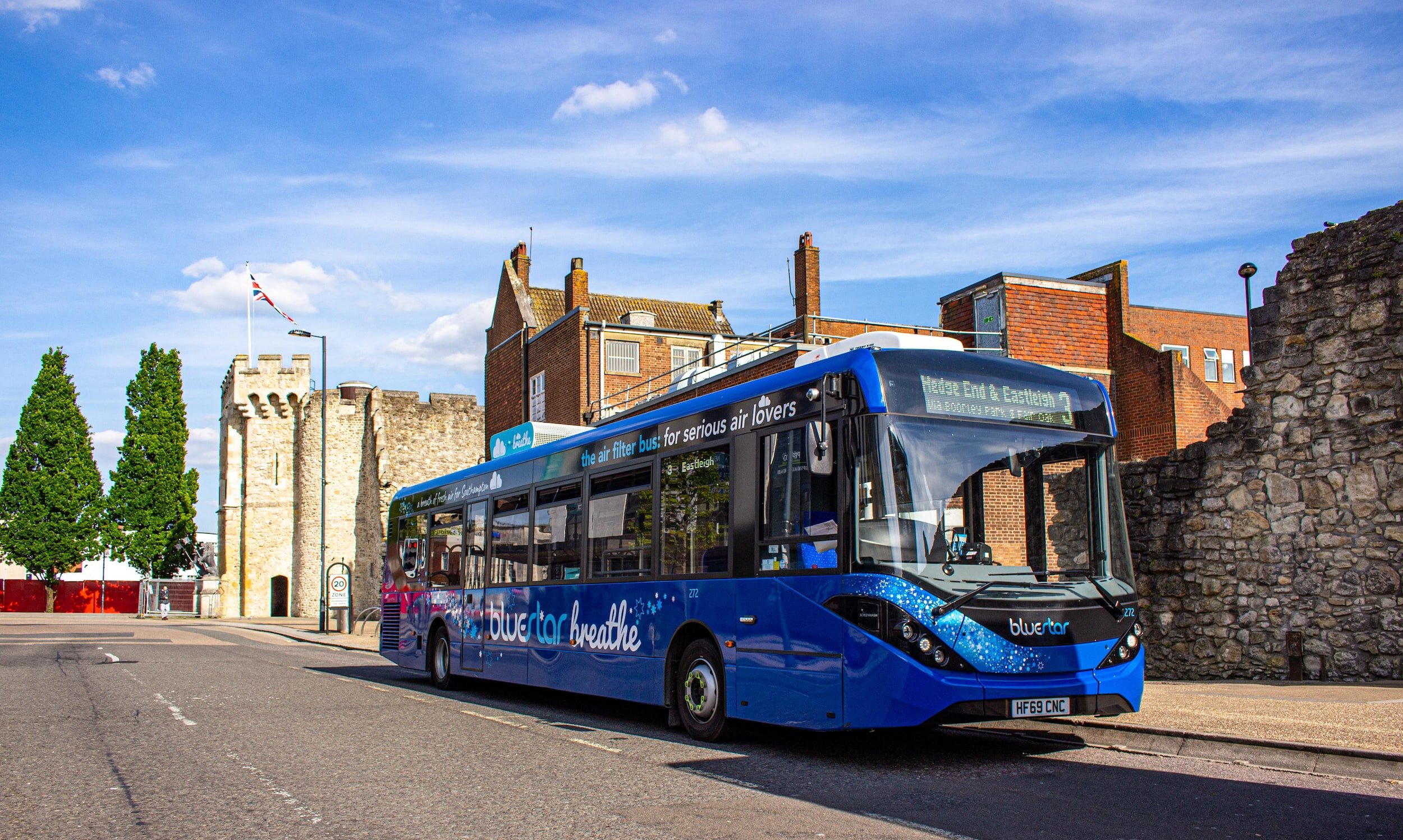Rebooting Democracy and Southampton City Council launch plans for Southampton Climate Citizens’ Assembly
A postman, a barista, and a hairdresser walk into a room. Their task is to decide how to fairly reach net zero emissions. This is not a joke. This is democracy.
Years of research and experience in political participation have delivered two observations that come as close as any to a rule in democratic societies: First, while democracy has brought important political rights, the people who have least in society are still generally least involved in collective decisions. Second, and relatedly, one of the biggest predictors of whether someone participates in political activity is whether they were asked to or not.
Part of the reason that the dilemma of unequal participation in important decisions persists is that the people in power generally have to ask people like them to join in. It is not a conspiracy. Most politicians genuinely want to hear from more diverse voices, but politics takes effort and commitment, and you know the people you know. Many people never get asked or given the opportunity to join in. What if that changed?
Citizen’s Assemblies have been used as effective contributions to the democratic process. Perhaps the most famous example is Ireland’s Citizens’ Assembly which contributed to many seismic decisions including legalising abortion. But such assemblies originated in British Columbia, and have been used across the world to make important decisions from Canberra to Cambridge, and have set climate agendas from Paris to Poznan. The format is maturing and has been applied to questions around Climate Change and Climate Policy in the UK since 2020. Citizens assemblies try to give everyone an equal chance of invitation to take part and allow citizens a safe space to learn about and contribute to policymaking.
Now, a new variant is being developed in the City of Southampton. Southampton’s plan takes a longer-term, and slower burn, approach. Rather than focusing solely on a short-term assembly involving a handful of citizens, the project seeks to expand the influence and footprint of an assembly well beyond the end a handful of formal learning and decision meetings. This new model encourages many kinds of conversation from people from all walks of life embedding the assembly and its message within the fabric of the city itself. Assembly members will be supported to produce outputs to be shared across the city. All this will be done in preparation for citizens to contribute to the City Council’s Climate and Green policies.
The extended timeframe, and slower pace, seek to sustain Southampton’s Climate Assembly as a contribution to local discussions outside the regular political timeline. The project itself is not led by any political parties. Instead, it emerges from a partnership within the City between the University of Southampton led by the Rebooting Democracy Research Group, and the City Council’s Leadership and civil servants. Keeping the Assembly on a non-partisan footing is an essential balancing act. Assembly members will be drawn from across Southampton. The city’s wards will be used as focal points for discussions and meetings to present the Climate Assembly and secure support from across civil society. There is precedent for this kind of engagement. Southampton is a city that only recently saw a groundswell of support and cross-party engagement for its bid to be the UK’s City of Culture, there is clear appetite here for the role of the population in charting the city’s course.
Despite the appetite within the city for change, the Assembly needs to establish its reliability to the population. It must build trust in its process and that process needs to be communicated to its stakeholders clearly and effectively. Those stakeholders should be diverse, active, and contributary. On the issue of Climate, the questioning voices are as much part of the conversation as the passionate activists. For the Assembly to make any contribution it must bring both sides along with it. However, by far the most essential part of the conversation are the citizens themselves, residents, commuters, shoppers, dockworkers, the people who make the city. Therefore, the Climate Assembly needs to establish a balance of deliberation from the charged rhetoric and soaring emotions of entrenched dissent and disengagement.
The organisers are looking to engage up to 5000 people in the process over the course of the next year. The Citizen’s Climate Assembly will get underway through a series of Open and Closed meetings targeting different groups across the city. Ideas will be shared, experts consulted, with focus on the task of deciding Southampton’s future approaches to climate. In parallel across all the wards people will be brought together to discuss the outcomes, vote for priorities, and share its findings.
The final component of any Citizen’s Assembly is its contribution to the formation or refinement of policy. This Climate Assembly will express the informed preferences of the City’s population to the City Council. The role of the team behind the assembly here is to ensure there is clarity and legitimacy on the wider preference of Southampton’s citizens.
While time may be of the essence in solving wicked problems like how we thrive and find a harmonious balance with our lived environment, in this entire process time is a friend. By taking a careful approach, by embedding the discussions and ideas across the city a wider ownership and understanding of the issues can be achieved. The end of the process is as important as the assembly itself. Delivery of the outcomes of the assembly will be monitored, by a set of both political and civic guardians. The participants in the assembly itself will be encouraged to support this monitoring, and to hold their leadership accountable. This in turn will help to avoid implementation failure. It will also minimise fatigue around the issues and questions being talked about. If trust is earned through this process, it must be rewarded. The only way that can happen is through the implementation of the Climate Assembly’s outcomes, and a protection of its legacy.
